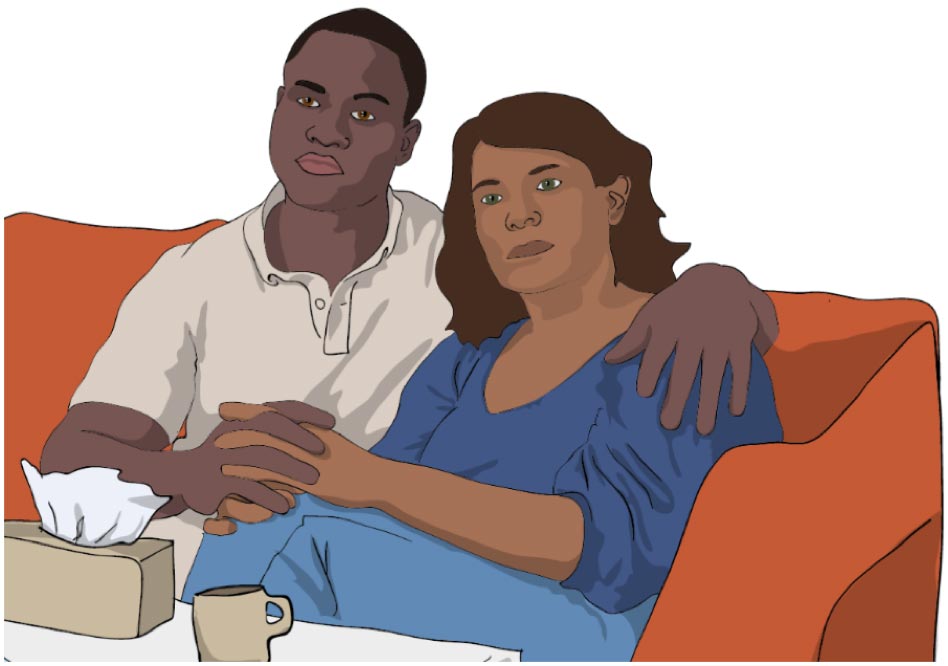Things that help
After a diagnosis of metastatic cancer, you will be closely looked after by a team of healthcare workers. The doctors will arrange follow-up visits and appointments with other healthcare professionals. This might mean yarning with more than one doctor, having blood tests and doing tests on parts of your body.
- There might be ways to help with symptoms, to treat the cancer and look after your mind and spirit. You can include traditional healing, bush medicines and cultural practices too.
- The symptoms and side effects depend on the type of cancer and the location. You might get tablets or medicine to help with pain and other symptoms. You may also need help from another health worker or doctor. For example, some people may need radiotherapy to help with pain, visits with a counsellor or psychologist to manage stress and emotions or physical therapy to make your body stronger.
- Other healthcare workers can help with your nutrition, exercise, mental health and other support for you and your family.
- Talk to people you trust about how you feel. You could talk to family and friends, Elders, your doctor, nurse and your Aboriginal and/or Torres Strait Islander health worker. Yarn through the treatment options to help you decide what is best for you.
- Having a healthy lifestyle is another thing that helps. Do things that make you feel good, help heal, reduce fear and stress, and have a strong spirit.
- Some people who have had cancer that has spread or come back, have some idea about what might happen. They know more about what questions to ask, how you might feel and what could help best. It is a good idea to yarn with others who have been through the same experience.
- Because you are the one having the treatment, it is important you understand what it is for and why you’re having that treatment. Getting as much information as you can from your doctor and other people who have been through cancer treatment can help you decide what is best for you. Take a someone with you to appointments so they can help gather the information you need and help you work through it.
- You can ask questions to your doctor, nurse, or your Aboriginal and/or Torres Strait Islander health worker.

Right
Medium
Top

